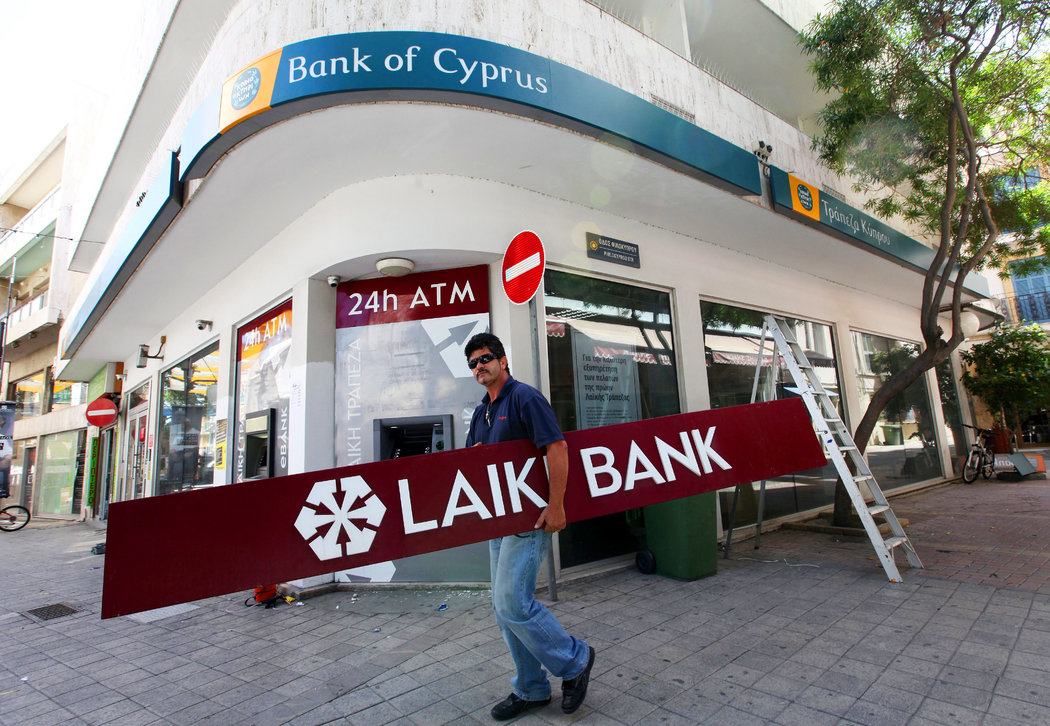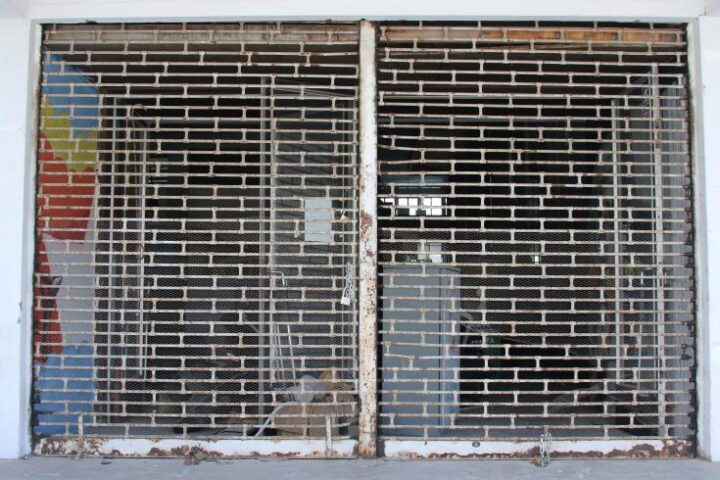By Michael Olympios
Almost a decade ago, the apocalypse in the banking sector sent the Cypriot economy’s downgrading by rating agencies to junk, leaving many businesses overleveraged and undercapitalised.
Banks’ enormous liquidity that followed the country’s entry into the European Union created an insatiable appetite for high-risk lending, as long as there was any collateral to back up the loans.
The process created many externalities and market distortions that came to haunt the banks a few years later.
Interest rates skyrocketed, and easy lending killed private equity, the kind of capital that was actually needed to balance the risk in both old and new companies.
Unlike banks, which mainly looked at balance sheet strength before lending, private equity investors are looking more into management ability to increase positive cash flows, improve the quality of income and achieve bottom-line targets.
Good corporate governance is probably one of the single most important things private equity investors are looking at next to the business model.
The easy lending kept this badly needed capital out of most private and public balance sheets.
Big corporations wanted control to stay with the family and ignored the risk piling in their balance sheets to their detriment.
When the economy took a hit in the years following the banking crisis, the capital was nowhere to be found, and debt became anathema for many who found it difficult to service it.
The situation created opportunities for vultures who saw blood in the street and brutal for those who couldn’t resist their attacks.
Perhaps the most spectacular corporate failures resulting from uncontrollable debt load besides the banks were Orphanides Supermarkets, the national carrier Cyprus Airways and developers that once boasted big seaside projects that eventually drowned in debt denominated in Swiss Francs.
While initially motivated by the low cost of debt, these companies had no governance mechanisms and internal control systems to help them navigate through the wilderness of financial risk.
During the time of plenty, they turned to their creditors to solve capital issues, only postponing the solutions that were becoming increasingly difficult to address with organic growth and sinking profitability.
While strategic investors would have restrained supposedly promising expansion and dilute family control that is so cherished and revered in Cyprus, often at the detriment of the company itself, lending appeared the answer for almost every balance sheet or cash flow problem.
The risk appeared to pay off as long as cash flows were there to service the debt.
Unfortunately, aggressive lending allowed many companies to engage in speculative asset acquisitions that generated more prestige than income.
Eventually, many of these companies were forced to dispose of assets to generate profits to pay for assets that were not.
Opportunities for capital
As the dust settles down and new players emerge, so do opportunities for capital in sectors like biotechnology, manufacturing, retail, tourism, and high yield real estate.
Although many of the projects currently lack the size to attract big-ticket private equity investors, they are not short of prospects.
An executive in a property management company who spoke on the condition of anonymity told the Financial Mirror that even in the middle of the crisis, some of their units produce gross yields in excess of 20%.
That is phenomenal if one compares such performances with that of the hotel industry, which suffered its worst year in the past five decades.
But unlike private equity in Europe that is steadily growing, Cypriot capital remains idle, earning negative returns in banks.
“With negative returns currently prevailing in banks, depositors should look to alternative investments that can generate a positive yield at a reasonable risk for their capital,” according to Charles Charalambous, Chief Operating Officer, Head of Advisory at TCR International Ltd, an advisory, financial services firm.
Charalambous is echoing the mood that many share in the financial services industry that passive capital is no longer an option.
While the risk appetite is still low, we expect more activity and transactions to occur as yields become more attractive.
But it will also take a lot more to get this capital into real work.
Risk must also appear more attractive if private equity is to become less private.
Michael S. Olympios is an economist, business advisor, Editorial Consultant to the Financial Mirror
[email protected]










